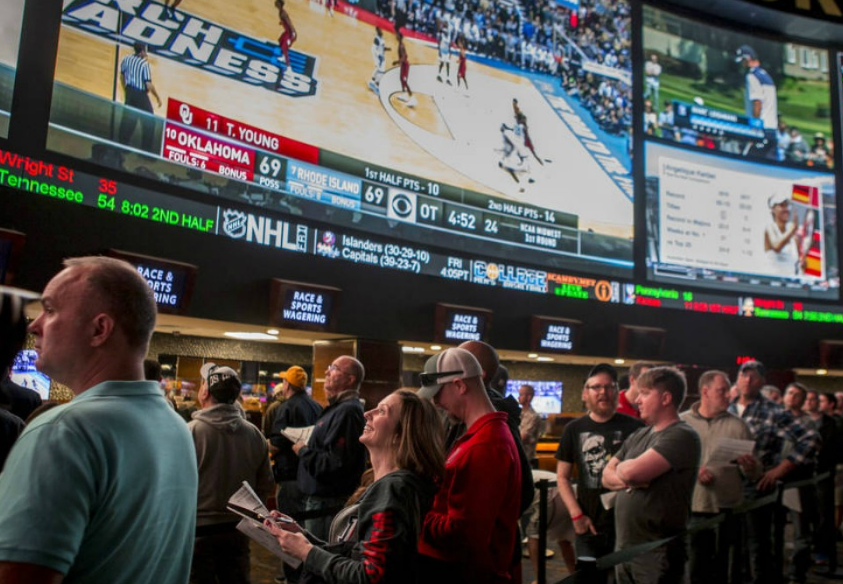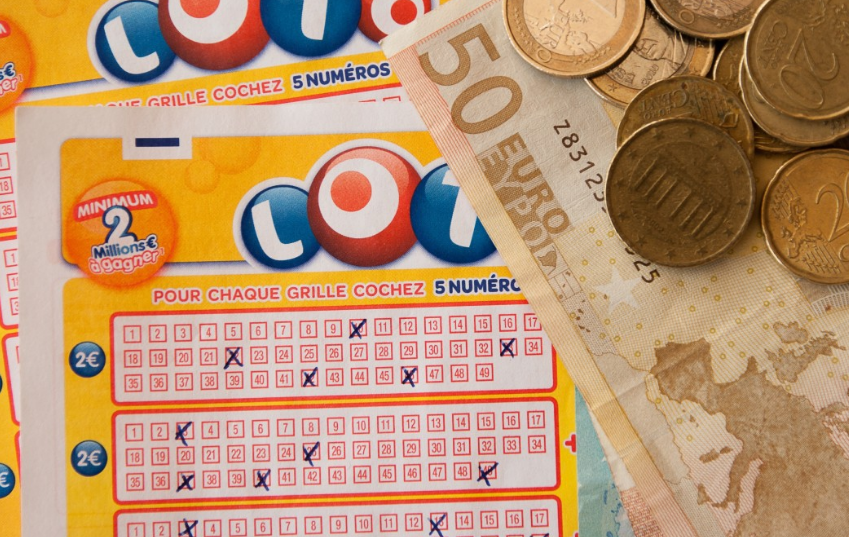Golden Entertainment Inc. just reported a $6 million net loss for 2025, a sharp turn from last year’s $50.7 million profit, as the Las Vegas casino firm pushes ahead with its privatization deal. Revenue dropped to $634.9 million from $666.8 million in 2024, hitting investors and sparking questions about the future of its properties like The Strat. What led to this downturn, and how will the buyout change things for the gaming world?
The company saw its full-year revenue fall by about 5 percent this year. This decline marks a tough period for Golden Entertainment, which operates casinos and taverns across Nevada and beyond. Officials point to softer demand in some markets and costs from selling off assets as key factors.
In the fourth quarter alone, sales dipped to $155.6 million, down $8.6 million from the prior year. That drop came amid holiday slowdowns and rising expenses in operations. Adjusted EBITDA, a key measure of profitability, landed at $140 million for the year, sliding from $155.4 million in 2024.
One big hit was a $10.2 million loss tied to asset disposals. Golden sold some properties to streamline its focus, but those moves cost more than expected. Still, the firm ended the year with solid liquidity options.
Debt and Cash Position in Focus
Golden Entertainment carried $438.7 million in total debt as of December 31, mostly from a $390 million term loan. Cash reserves stood at $55.3 million, providing a buffer against short-term needs. The revolving credit facility had $195 million available, which grew to $203 million after an $8 million repayment in late January.
Managing this debt load remains crucial as the company eyes privatization. The buyout, led by a group including Apollo Global Management, aims to take Golden private in a deal valued at around $1.1 billion. This move could free up the firm from public market pressures and allow bolder strategies.
For the fourth quarter, net loss hit $8.5 million, flipping from a profit last year. Adjusted earnings fell to $33.5 million from $39.2 million. These numbers reflect broader challenges in the casino sector, like competition from online gaming and economic shifts affecting tourism.

Privatization Deal Gains Momentum
The path to private ownership started gaining steam late last year. Shareholders approved the merger in December 2025, with the deal expected to close soon. This shift means Golden will no longer trade on the New York Stock Exchange under the symbol GDEN.
Under the terms, investors will get $11.15 per share in cash. That values the company at a premium over its recent stock price, offering a quick payout. The deal includes support from major stakeholders, easing approval hurdles.
This privatization could reshape how Golden runs its 60-plus taverns and key spots like The Strat on the Las Vegas Strip. The iconic tower hotel and casino draws crowds with its views and entertainment, but recent years brought ups and downs. Going private might let leaders invest more in upgrades without quarterly earnings worries.
Background on the deal shows Apollo’s interest in gaming assets. The firm has a track record of turning around hospitality businesses. For Golden, this could mean expansion into new markets or tech upgrades for slots and tables.
Impact on Las Vegas Gaming Scene
Las Vegas feels the pinch from Golden’s results, as The Strat anchors the north end of the Strip. Visitor numbers held steady in 2025, but spending per trip edged down due to inflation and travel costs. Golden’s properties contributed to Nevada’s overall gaming revenue, which topped $15 billion statewide last year.
Other operators like MGM and Caesars also reported mixed results, with some segments thriving on conventions while others lagged. Golden’s tavern network, spread across Nevada and Maryland, provided steady income but faced rising labor and supply costs.
To compare key financials:
| Metric | 2025 | 2024 | Change |
|---|---|---|---|
| Revenue | $634.9M | $666.8M | -4.7% |
| Net Income/Loss | -$6M | $50.7M | N/A |
| Adjusted EBITDA | $140M | $155.4M | -9.9% |
| Q4 Revenue | $155.6M | $164.2M | -5.5% |
This table highlights the year-over-year shifts. Data comes from the company’s official filings released on March 4, 2026.
Golden plans to focus on core strengths post-deal, like enhancing player loyalty programs. These efforts aim to boost repeat visits and spending. For everyday gamblers and tourists, this means potential improvements in experiences at venues.
In a broader view, the gaming industry adapts to post-pandemic recovery. Online betting grows fast, pulling some action from physical casinos. Golden’s pivot could help it compete better in this mix.
As Golden Entertainment wraps up its public chapter with these losses, the privatization offers a fresh start amid uncertainty. The $6 million net loss for 2025 underscores real struggles in revenue and operations, yet the buyout promises stability and growth potential for its Las Vegas staples like The Strat. This shift not only affects shareholders cashing out but also shapes the vibrant gaming landscape that draws millions yearly. It reminds us how economic tides can sway even established players, leaving room for hope in smarter strategies ahead.








